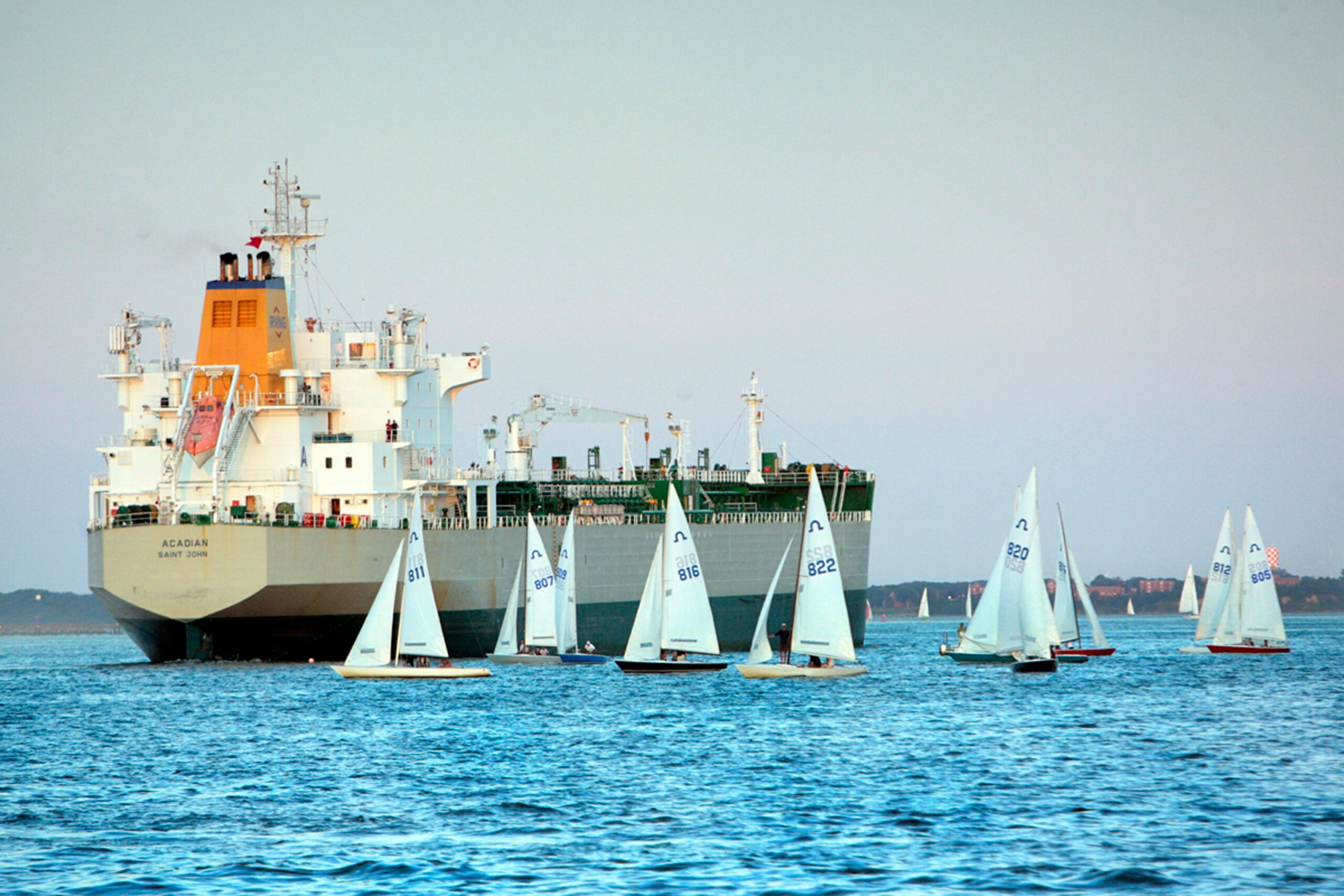Photo by David Trinks
Sobering projections reveal accelerating pressures
Human impact on the world’s oceans will double by 2050, according to groundbreaking research published in the journal Science that provides the most comprehensive projection yet of future marine environmental pressures. The study, led by UC Santa Barbara’s National Centre for Ecological Analysis and Synthesis, reveals an unprecedented rate of change that may exceed marine ecosystems’ capacity to cope.
Marine ecologist Ben Halpern, who led the research, described the findings as “sobering” and “unexpected,” not because impacts are increasing, but because “they will be increasing so much, so fast.” The research team projects that cumulative impacts from human activities will accelerate dramatically within just 25 years.
Climate change and fishing drive largest impacts
Ocean warming and biomass loss due to fisheries emerge as the largest contributors to future cumulative impacts, reflecting the dual pressures of climate change and resource extraction. The research identifies sea level rise, acidification, and nutrient pollution as additional significant stressors that will compound environmental pressures across marine systems.
Tropics and coasts face greatest vulnerability
Geographically, tropical regions face rapidly increasing rates of impact, whilst polar areas, already experiencing high levels of human pressure, are expected to endure even greater stresses. Coastal areas worldwide will bear the brunt of increasing cumulative impacts, presenting what researchers describe as a “worrisome result” given that coasts are “where people derive most value from the ocean.”
The study builds on pioneering 2008 research that revealed 41% of marine environments were already heavily impacted, with no area remaining untouched by human activity. As Halpern explained, “The previous paper tells us where we are; the current paper tells us where we are headed.”
Threats to food security and economic stability
High levels of future impacts may exceed the capacity of ecosystems to cope with environmental change, potentially threatening food security and economic resilience in vulnerable regions. Many countries depend heavily on ocean resources, and as Halpern noted, “Many of these countries will face substantial increases.”
Pathways for mitigation and adaptation
However, the research identifies pathways for reducing future impacts. The authors contend that policies to reduce climate change and strengthen fisheries management could effectively manage human impacts, given the outsized roles that ocean warming and biomass loss play in projected pressures. Prioritising management of vulnerable habitats such as salt marshes and mangroves could also help reduce ecosystem stress.
The research team emphasises that their projections represent a warning rather than an inevitable future. As Halpern stressed, “We can still alter that future; this paper is a warning, not a prescription.” The study provides policymakers with unprecedented insights into future pressures, enabling proactive management approaches.
The timing coincides with critical international negotiations on marine protection and climate action. With discussions ongoing around the High Seas Treaty and plastic pollution agreements, the research provides scientific evidence for the urgency of ambitious marine conservation commitments. As Halpern noted, “Being able to look into the future is a super powerful planning tool” that can guide conservation investments and policy priorities.
